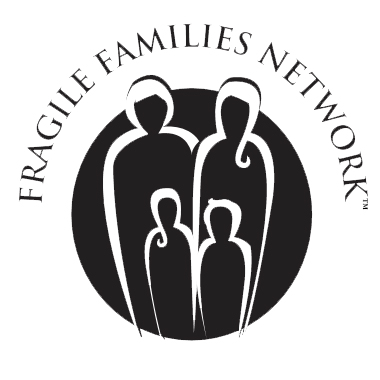Educating Health and Human Service Professionals About Grandfamilies: Enhancing Care and Strengthening Support Networks

Educating health and human service professionals about grandfamilies is crucial for fostering culturally competent care, strengthening family networks, and improving outcomes for both children and caregivers. Grandfamilies, where grandparents or other extended family members assume primary caregiving roles for children and youth, face unique challenges and dynamics that require specialized knowledge and support from professionals across various sectors. By enhancing awareness and understanding among professionals, we can better address the diverse needs of grandfamilies and ensure they receive the comprehensive support necessary to thrive.
Understanding Grandfamilies: A Complex Family Structure
Grandfamilies are formed when grandparents or other relatives step in to care for children and youth due to various circumstances, including parental incapacity or absence. These caregiving arrangements can arise from factors such as:
- Parental Death: The loss of a parent due to illness, accidents, or other tragedies necessitates extended family members taking on caregiving responsibilities.
- Parental Incapacity: Physical or mental health challenges that impair a parent’s ability to care for their children effectively may prompt grandparents or other relatives to provide primary care.
- Family Crisis: Instances of domestic violence, substance abuse, or incarceration can disrupt parental caregiving, leading to protective custody measures by extended family members.
The Role of Education in Supporting Grandfamilies
Educating professionals about grandfamilies goes beyond mere awareness; it involves equipping them with the knowledge, skills, and resources to effectively meet the unique needs of these families:
- Culturally Competent Care:
- Understanding Diversity: Recognizing the diverse cultural backgrounds, traditions, and values within grandfamilies helps professionals provide culturally sensitive care that respects and honors family dynamics.
- Language and Communication: Communicating effectively with grandfamilies requires sensitivity to language preferences and cultural norms, fostering trust and collaboration between caregivers and professionals.
- Enhancing Family Networks:
- Building Trusting Relationships: Developing strong, trusting relationships with grandfamily caregivers is essential for effective collaboration and support.
- Promoting Family Resilience: Empowering grandfamilies through education and resources strengthens their resilience and enhances their ability to navigate challenges together.
- Improving Outcomes for Children and Caregivers:
- Holistic Support: Providing comprehensive services that address the physical, emotional, educational, and financial needs of children and caregivers promotes positive outcomes and overall well-being.
- Advocacy and Empowerment: Advocating for policies and programs that recognize and support grandfamilies ensures equitable access to resources and services, fostering stability and security for children.
Strategies for Educating Professionals
To effectively educate professionals about grandfamilies and enhance their ability to provide competent care, several strategies can be employed:
- Training Programs: Develop specialized training programs that cover the unique challenges, legal considerations, and support needs of grandfamilies.
- Workshops and Seminars: Offer workshops, seminars, and continuing education opportunities that focus on practical skills, cultural competence, and trauma-informed care for grandfamilies.
- Case Studies and Best Practices: Share case studies and best practices that highlight successful interventions and collaborative approaches in supporting grandfamilies.
- Interdisciplinary Collaboration: Foster collaboration between health professionals, social workers, educators, legal advocates, and community organizations to provide holistic support to grandfamilies.
The Impact of Educated Professionals on Grandfamilies
When professionals are educated and informed about the unique dynamics of grandfamilies, they can play a pivotal role in:
- Early Intervention: Identifying and addressing challenges early, thereby mitigating potential risks and promoting positive outcomes for children and caregivers.
- Empowering Caregivers: Equipping caregivers with knowledge, resources, and support networks that enhance their ability to provide effective caregiving and promote family stability.
- Policy Advocacy: Advocating for policies and initiatives that recognize the valuable contributions of grandfamilies and address their specific needs within broader social and legal frameworks.
Educating health and human service professionals about grandfamilies is essential for promoting culturally competent care, strengthening family networks, and enhancing outcomes for children and caregivers. By investing in education, training, and collaborative efforts across various disciplines, we can ensure that grandfamilies receive the comprehensive support they need to thrive amidst the challenges they face. Empowered professionals are better equipped to provide holistic, compassionate care that respects the unique strengths and dynamics of grandfamilies, ultimately contributing to healthier, more resilient family units and communities as a whole.
©2024 Fragile Families NETWORK







